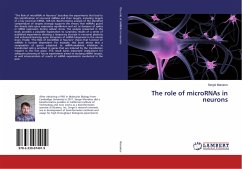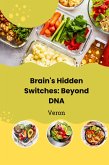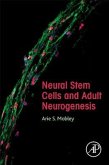In biology, the term epigenetics refers to changes in phenotype (appearance) or gene expression caused by mechanisms other than changes in the underlying DNA sequence, hence the name epi- (Greek: over; above) -genetics. These changes may remain through cell divisions for the remainder of the cell's life and may also last for multiple generations. However, there is no change in the underlying DNA sequence of the organism;instead, non-genetic factors cause the organism's genes to behave (or "express themselves") differently. The best example of epigenetic changes in eukaryotic biology is the process of cellular differentiation. During morphogenesis, totipotent stem cells become the various pluripotent cell lines of the embryo which in turn become fully differentiated cells. In other words, a single fertilized egg cell - the zygote - changes into the many cell types including neurons, muscle cells, epithelium, blood vessels etc. as it continues to divide. It does so by activating some genes while inhibiting others.








